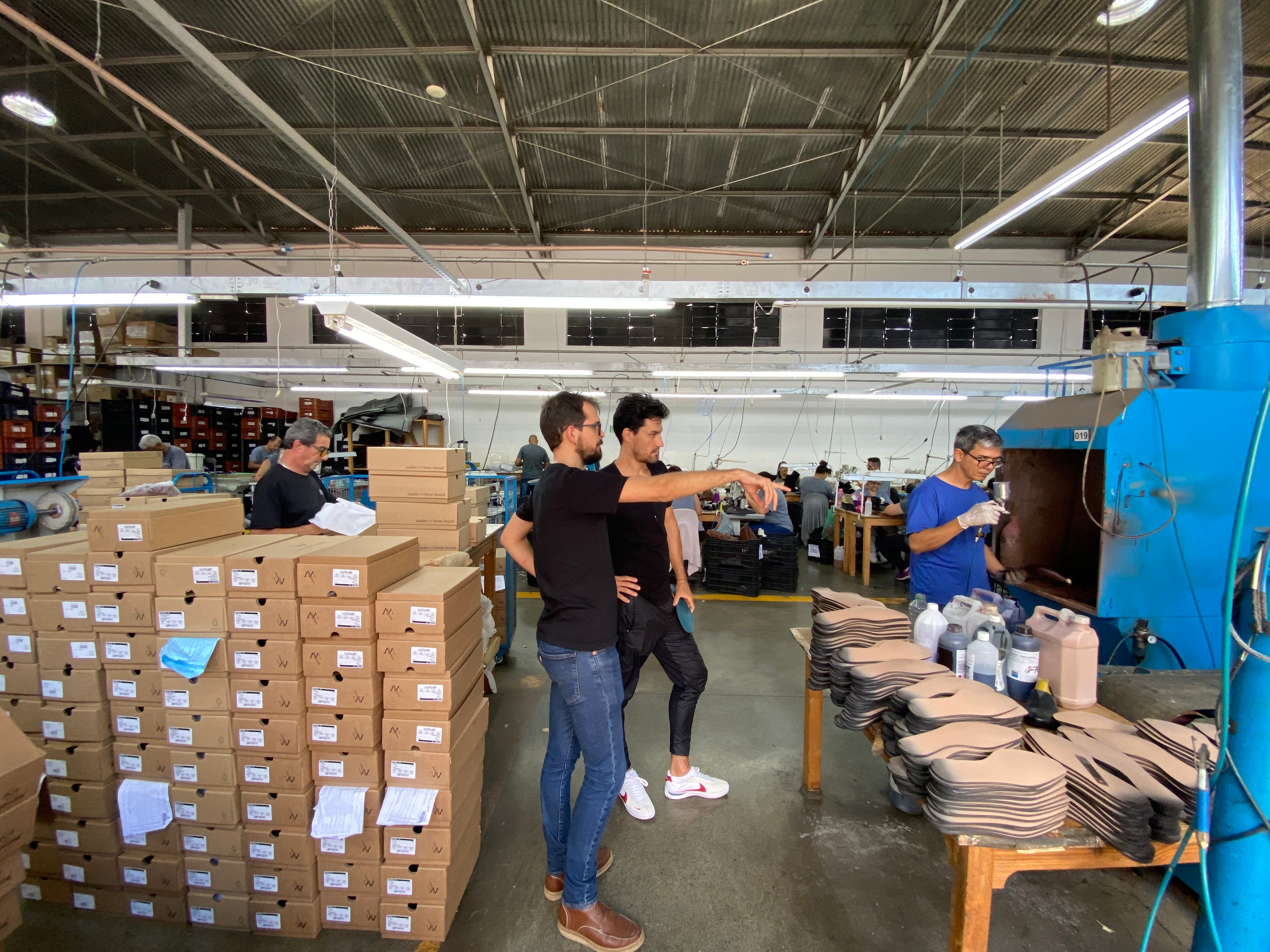🌱 The Rise of Plant Leather: Why It's Superior to PU Synthetic Faux Leather 🌱
In recent years, the fashion industry has witnessed an exciting development that aligns with ethical and sustainable values: the emergence of plant leather. Made from innovative materials like pineapple, apple, and cactus, vegan leather has gained significant popularity as a more sustainable and compassionate alternative to traditional polyurethane (PU) synthetic faux leather. Let's delve into the reasons why plant leather stands out as a superior choice.
1️⃣ Sustainability: Plant leather represents a significant leap forward in terms of sustainability. PU synthetic faux leather is derived from fossil fuels and emits harmful pollutants during its production process. On the other hand, plant leather utilizes agricultural waste or byproducts, reducing environmental impact and promoting the efficient use of resources. This forward-thinking approach helps in the fight against climate change and supports a circular economy.
2️⃣ Renewable Resources: Unlike PU synthetic faux leather, plant leather is made from renewable resources. Pineapple leather, for example, is crafted from the leaves of the pineapple plant that are often discarded after harvesting the fruit. Apple leather is created using apple peels and cores that would otherwise go to waste. Cactus leather is produced from mature leaves of the cactus plant, requiring minimal water and land usage. By utilizing these materials, we reduce the pressure on landfills and promote a more sustainable future.
3️⃣ Cruelty-Free: Plant leather is a true testament to compassion. Animals are not exploited or harmed in its production, making it a cruelty-free alternative to traditional leather. PU synthetic faux leather, on the other hand, is often made from polyvinyl chloride (PVC), which emits toxic chemicals during production and can harm both animals and workers. Choosing plant leather helps to protect animal welfare and contributes to a more ethical fashion industry.
4️⃣ Biodegradability: Plant leather demonstrates excellent biodegradability, meaning it can break down naturally over time without releasing harmful toxins into the environment. This characteristic is in stark contrast to PU synthetic faux leather, which is non-biodegradable and can persist in landfills for hundreds of years. By opting for plant leather, we prioritize materials that leave a smaller ecological footprint and promote a cleaner planet for future generations.
5️⃣ Innovation and Versatility: Plant leather has proven itself to be a versatile material, offering a wide range of applications in the fashion industry. It can be used for shoes, handbags, wallets, clothing, and various accessories, matching the durability and aesthetic qualities of traditional leather. With continuous research and development, plant leather is expected to improve further, providing even more options for sustainable and stylish products.
As consumers become more conscious about their choices, plant leather offers a viable and superior alternative to PU synthetic faux leather. Its sustainability, renewable nature, cruelty-free production, biodegradability, and versatility make it an attractive option for those seeking fashion items that align with their values. By embracing plant leather, we contribute to a more ethical, sustainable, and compassionate future for both the fashion industry and the planet as a whole. Let's embrace this remarkable innovation and support a greener tomorrow! 🌿


